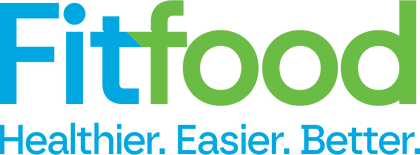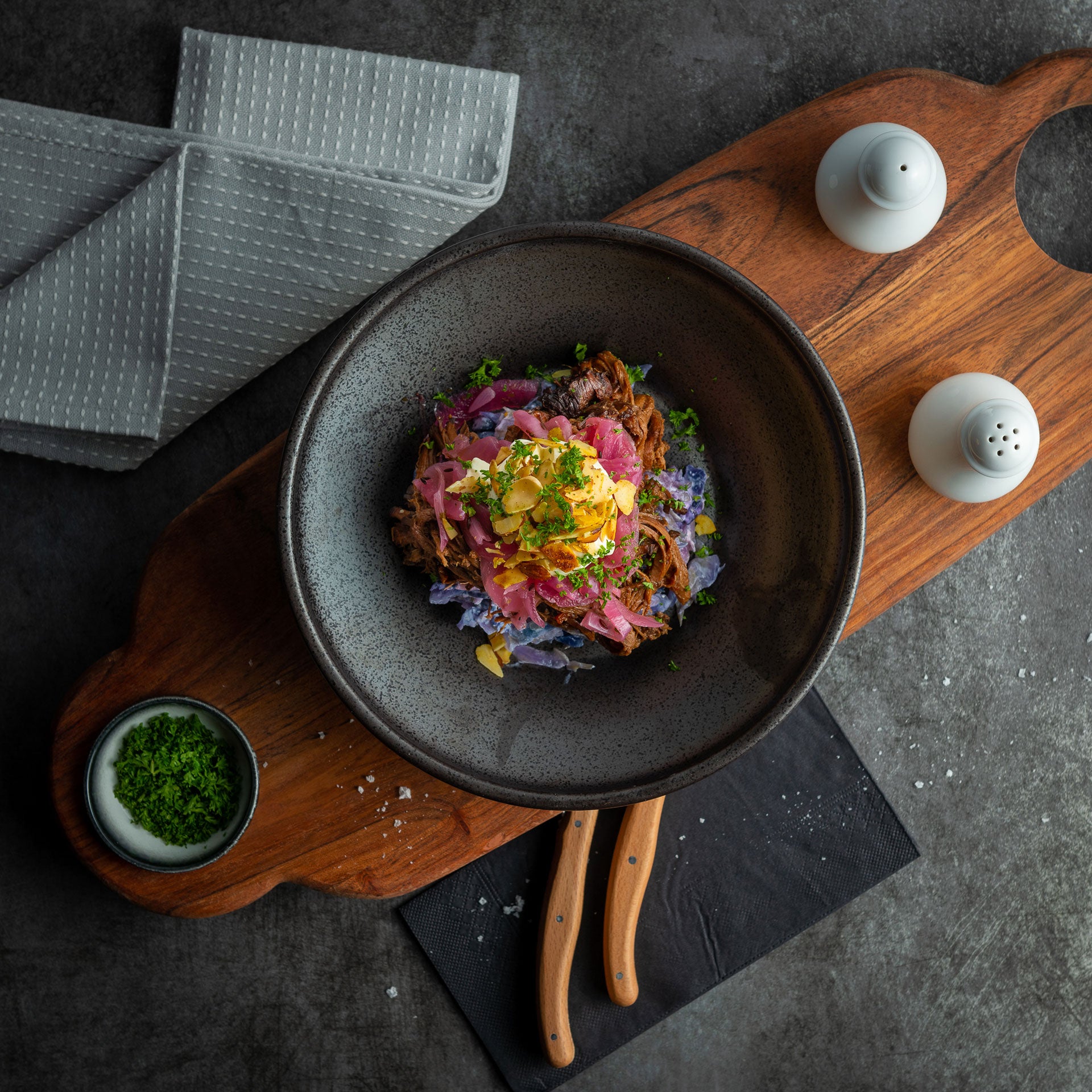
Veganism is great for the planet and done right it can be great for you. So what do you need for a balanced vegan diet?
Some vitamins, such as vitamin C are easy to get for vegans because of all the fruit and veg in the diet. Vegans also don’t suffer from a lack of fibre. People might tell you vegans lack certain vitamins and minerals, but the truth is that with a little planning and care, the vegan diet has everything you need.
Things you need to be aware of include getting enough protein, iron, vitamin B12, vitamin D, and calcium.
You also need to make sure you get enough energy, and this is the easiest part: just eat regular-sized meals with plenty of fruit, vegetables and carbohydrates such as bread, potatoes, rice and pasta. Bonus points if you use wholegrain products.
Many people associate protein with meat, eggs and dairy products, but it can be found in a ton of vegan-friendly ingredients including soy products such as tofu, legumes and beans, yeast, peas, chia seeds and oats.
Iron forms a component of your blood, haemoglobin, which transports oxygen around your body. Being low in iron can make you tired and lead to health problems. You’ll find no shortage of iron in wholemeal wheat products, breakfast cereals, nuts, broccoli, spinach and other leafy greens.
Vitamin B12 is also essential for blood development and nervous system health. B12 deficiency can lead to low energy levels and even nerve damage. Many vegan-friendly foods come fortified with extra B12, such as cereals, soy products and even Marmite.
Vitamin D and calcium are both essential for healthy bones and teeth. The great news about vitamin D is that your body makes its own when exposed to sunlight. If you’re worried you’re not getting enough outside time, you may wish to consider supplements and vitamin D-fortified foods.
Calcium is found in a lot of vegan staples, such as green leafy vegetables, pulses, and calcium-fortified breads and tofu.
In summary:
Eat regular meals based on carbohydrates and wholemeal grains, with plenty of green vegetables and fruit. Dried fruits are convenient and have lots of good stuff in them, but be careful snacking on them because they are high in sugar. Eat and drink dairy substitutes such as soy milk, tofu and soy alternatives which are high in vitamins and minerals.
Keep an eye out for foods that are enriched with vitamins B12 and D, calcium, iron and other goodies such as zinc.
Fitfood makes vegan/vegetarian meals easy with a selection of delicious and quick-to-heat meals specially designed by professional chefs and nutritionists for vegan health and balance.



